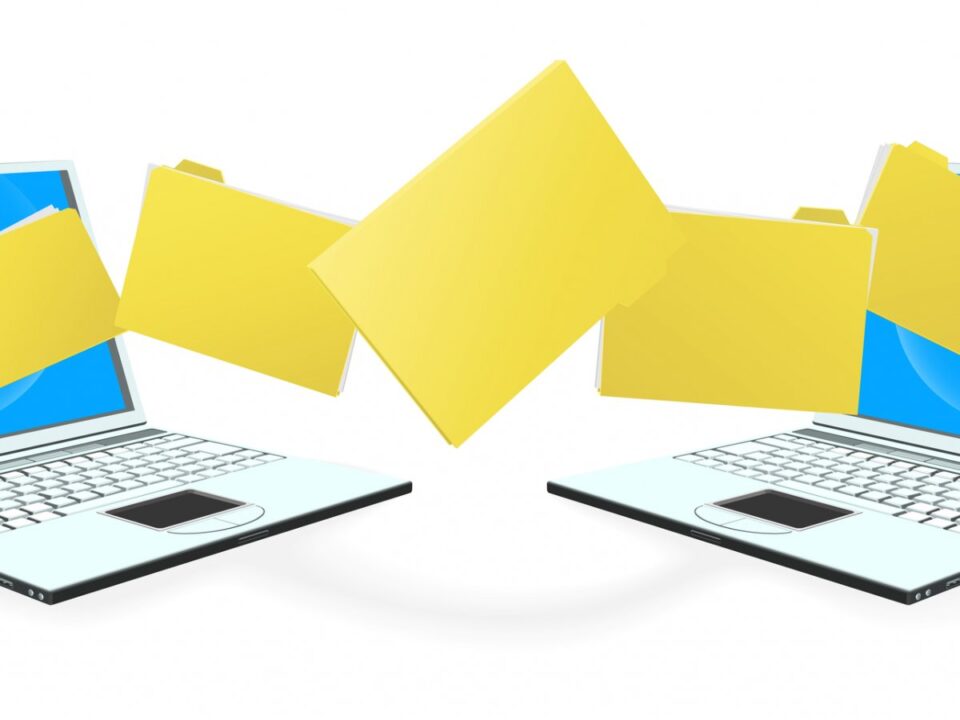
E-Invoicing and Its Geopolitical Stakes
France’s electronic invoicing reform relies on a Y-architecture, where Partner Dematerialization Providers (PDPs) play a central role in issuing and…
Generix Launches Solochain Now – Packaged Solution to Deploy a Complete SaaS WMS in as Little as 16 weeks View the press release

While the idea of a cross-functional approach to archiving would seem to be the most beneficial in the long run, we see most companies running directly with the business approach due to it being the most simple and pragmatic way to accomplish certain objectives. Currently, the rules and regulations associated with electronic document management and archiving tend to differ depending on the business vertical, professions, and the type of document processed. In addition to this, government directives don’t always leave enough time for companies to overhaul their entire systems, which leads to a piecemeal approach to digitalization.
At the same time, it is also important to understand that every document is seen and processed differently by whoever handles it. For example, pay slips or invoices will all be dealt with differently depending on if they are handled by an accountant, an attorney, or a payroll manager. There is no “one size fits all” solution that will cover the legal constraints of different industries, especially when it comes to health, defense, or food. It is, therefore, a challenge to find an existing certified solution on the market that will provide a real cross-functional approach to all of the different uses and needs of every document that passes through a business. Integrating a unique solution that can handle all business-specific needs in one place is still a long, complex, and expensive project that is off-putting for any company at best.
This is why, today, most companies who have an internal archiving system use the one provided by their e-billing provider. These systems are usually compliant with government regulations in terms of paperless billing and offer all of the necessary requirements to process digital invoices in the correct manner. These requirements include rapid installation and deployment, links between the summary list and an invoice, audit trail management, organization of fiscal audits, conservation requirements, consultation portal and interface, maintenance in terms of compliance evolution, and international billing requirements, and more.
SaaS archiving solutions are becoming more popular and more available, because they offer the same type of benefits as SaaS solutions in other areas. These benefits include speed of installation and deployment, ease of maintenance and upgrades, timely infrastructure management, low investment cost, pay-per-use billing, and, most importantly, a guarantee of high customer service and service levels in general.
In addition to these traditional SaaS benefits, there is one additional main advantage to using a SaaS operator for both electronic document management and digital safe services. This advantage is that your company will benefit from all of your operator’s certifications, in addition to having a trusted third party digital provider. In the interest of making a relatively easy move towards a highly functional and compliant digital overhaul of your company, a SaaS solution can really help provide all of the functionalities that you need.

France’s electronic invoicing reform relies on a Y-architecture, where Partner Dematerialization Providers (PDPs) play a central role in issuing and…

The B2B mandate in Germany, set to take effect on January 1, 2025, marks a crucial step in the European…

Following the October 15 announcement regarding the abandonment of the PPF development, the DGFIP and its partner AIFE are ramping…

Work with our team to build your ideal supply chain software stack and tailor it to your unique business needs.